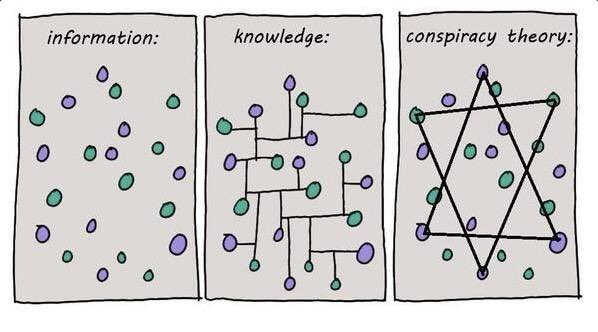Rapprochement over estrangement, renewal, and hope, these sorely needed values strengthen our rituals for new beginnings. This applies to the new academic term and the Jewish New Year, which converged as we strive to overtake the pandemic this September of 2021. Sadly, the bright start to our gatherings was soon clouded by the disturbing news about attacks and attempts to cause harm to Hmong and Jewish communities in the Twin Cities.
Racist anti-Asian and anti-Black attacks and antisemitic assaults are very often perpetrated by the same offenders. Undoubtedly, blind hatred and intolerance are motivators of such heinous acts. The importance of collaboration and solidarity in the face of unabashed hostility cannot be understated and it is heartening when diverse communities unite, rally, and respond with a sense of shared purpose. At the same time, we are aware that antisemitism cannot be fully grasped when merely absorbed and understood as just another form of racism.

In my undergrad course on antisemitism in the Spring semester, students were frequently at a loss when confronted with the complex and contradictory nature of antisemitism. Jews have been despised and attacked for real or imagined religious practices, racialized with other minorities, and put on the bottom of a human hierarchy crafted by pseudoscientific propagandists. They are disliked for their particularism, for embracing Zionism, or for being rootless cosmopolitans. Jews are inferior and corrupted and at the same time resented, perceived as being on top and pulling the strings of power. A flyer posted by Neo-Nazis on our campus not long ago said, “The Jews are destroying your country through mass immigration and degeneracy.” In this type of delusional hatemongering, Jews are the masterminds of a plot to substitute the White population with people of color. Similarly, the infamous Charlottesville torch-carriers chanted “Jews will not replace us.”
But the inherent difficulty of the subject matter was not the only source of confusion among my students. Perplexity was heightened by the shortcomings of current anti-racist scholarship and anti-racist initiatives to fully address the multifaceted relation of Jews to White majority society and the pervasive nature of antisemitism. Our colleague James Loeffler couldn’t have put it more clearly in a recent blog post: “The American reckoning with racism has been painful and necessary; the reckoning with antisemitism has been at best an afterthought.”
We are committed to change this. Together with our colleagues at the Center for Jewish Studies, we will host the virtual symposium “Antisemitism and Racism in a Moment of Reckoning” on November 8th and 9th. How do racism and antisemitism overlap and where do they diverge, and why? What are constructive ways we can better deal with antisemitism in anti-racist scholarship and practice? How have antisemitism and the Jewish experience been included or excluded in diversity, equity, and inclusion initiatives on US campuses?
I am grateful for the dedication and hard work of the Center’s team (Joe Eggers, Meyer Weinshel, Jillian LaBranche, and Sailer) and the support of our affiliated faculty members, without whom we couldn’t bring to you such a breadth of opportunities to learn, grow and engage.
We look forward to seeing you online and on-campus this semester.
Alejandro Baer, Ph.D., is a professor of sociology and the Stephen C. Feinstein Chair and Director of the Center for Holocaust and Genocide Studies

Comments